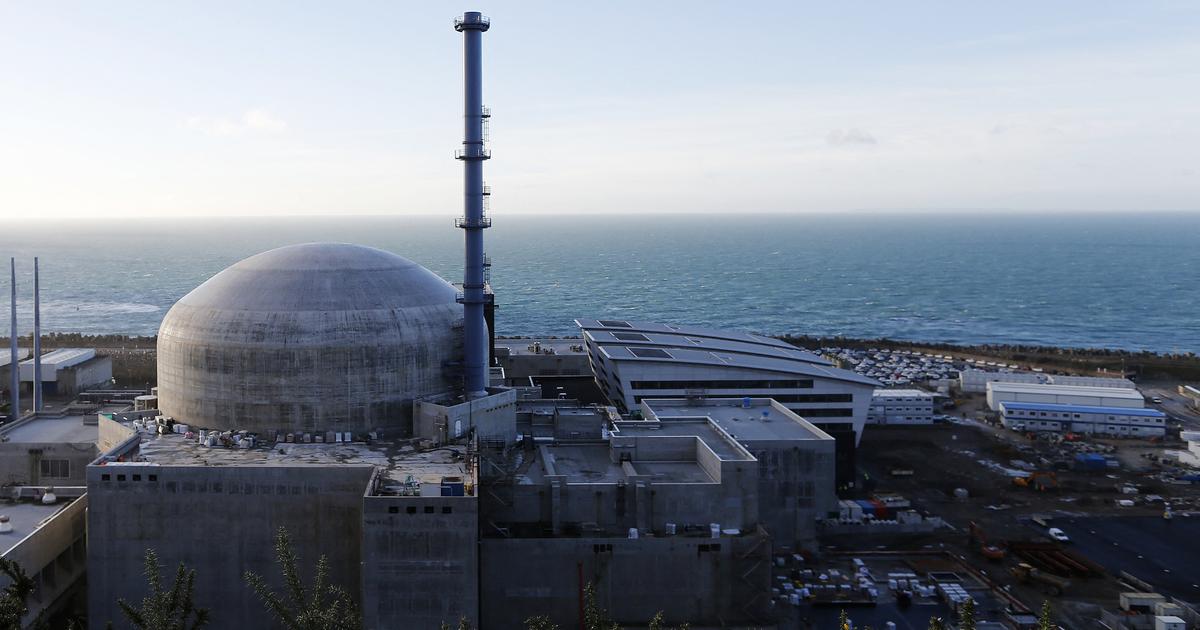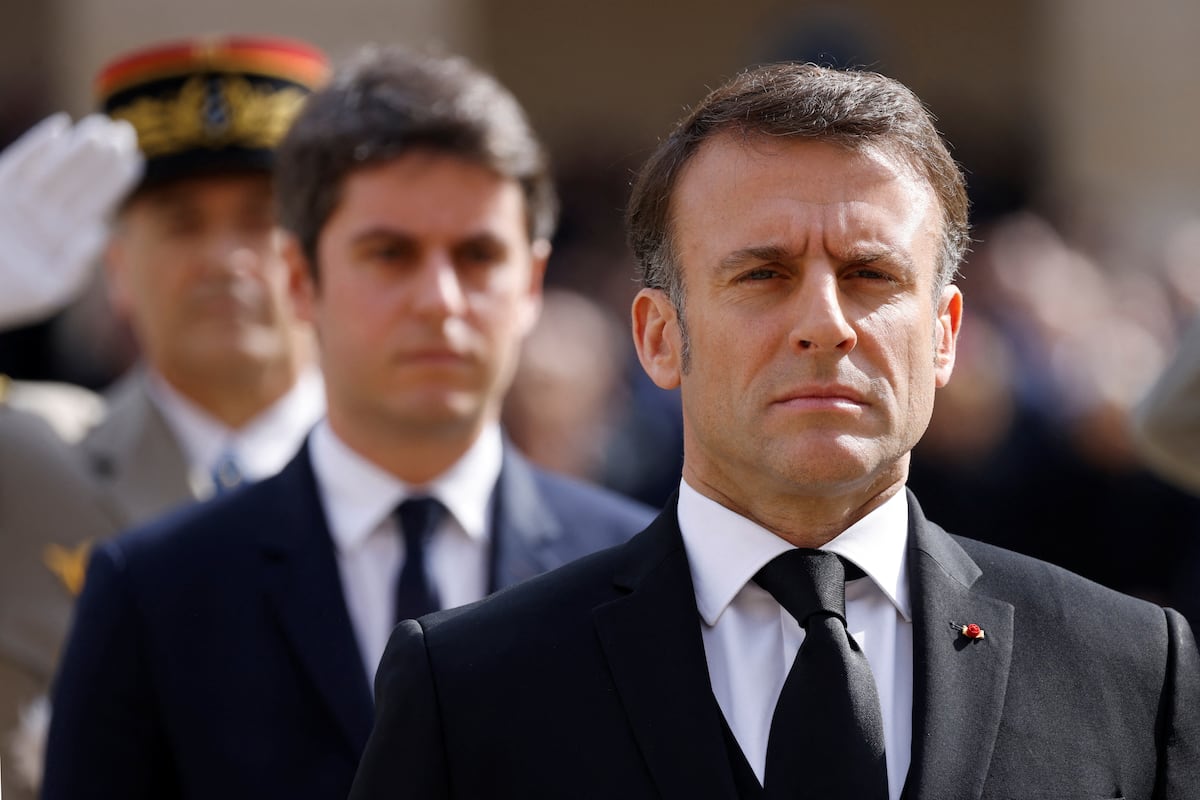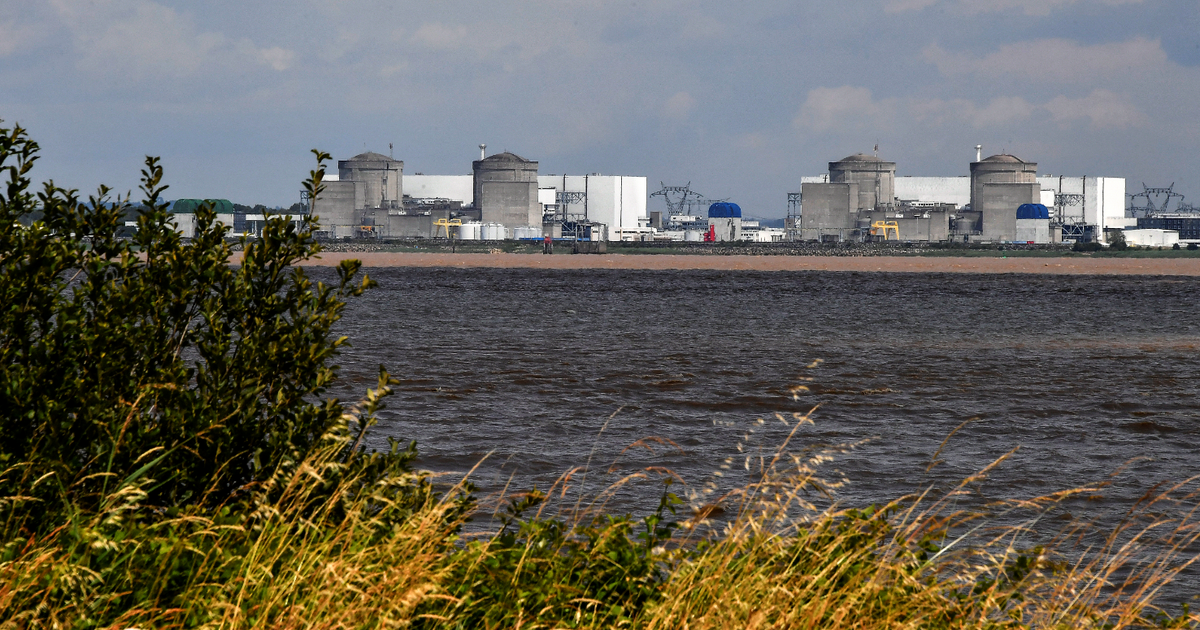FIGAROVOX. - On March 31, seven Greenpeace activists were arrested after entering the Flamanville EPR site. Should these repeated militant actions, as well as the incidents that have occurred in recent decades, worry us?
Tristan Kamin. -
The intrusions of environmental activists in the perimeter of the power plants have never been a source of concern.
Rather, they should be likened to communication operations, with no impact other than media and politics.
As these intrusions are not intended to put the activists in excessive danger, they are limited to crossing a fence.
However, the function of the fence is to delimit the enclosure of the plant, and to allow the detection of an intrusion while slowing it down.
Thus, the crossing of a fence cannot constitute a demonstration of failure of the security of the plant.
As for the various events involving safety, it has now been more than 40 years since the French nuclear industry experienced a level 3/7 incident (serious incident) or higher (accident).
And 15 years that the French Nuclear Safety Authority has been defending its reputation of being the strictest in the world among its counterparts.
While research (particle accelerators) or the medical sector (radiotherapy) still occasionally encounter incidents up to level 3, without anyone worrying.
Rightly so, in my opinion, but it is therefore reasonable to have the same attitude vis-à-vis the nuclear industry: prevention, monitoring, limitation of the consequences… Without fear or excessive panic.
Read alsoIs strengthening nuclear power really the simplest solution for France's energy future?
Greenpeace France had requested at the beginning of 2022 "a moratorium" on the work of the Flamanville EPR, "in order to conduct a completely independent assessment of the viability of the EPR nuclear reactors". Indeed, one can wonder why the work took 11 years late…
Greenpeace France has neither the authority nor the legitimacy to call for a moratorium, especially since the safety of the EPR has not been called into question, either by the French Nuclear Safety Authority or by its Finnish counterpart. , the STUK – remember that an EPR started up in Finland, with a connection to the electricity network in March.
As for the expertise on the causes of the troubles experienced by the Normandy shipyard, they have been carried out: the Folz report devoted to this question was submitted in October 2019.
The various causes of the delay listed there are a myriad of various hazards, an unrealistic initial estimate, the excessiveness of the site and the resulting complexity, inappropriate governance, struggling project teams, unsuitable organization, regulatory developments in parallel with the construction site… And, more broadly, the loss of skills experienced by French industry, and in particular the nuclear industry, due to a lack of activity over the past fifteen years.
Because the surveillance by the authorities has not been weakened, it will have had to be undone and redone many times during the work, and the delays and additional costs add up quite logically.
As for this industrial skill, it is being rediscovered, at a high price,
with the French and British EPR sites.
It will be important not to let it crumble again before taking the decision to build new reactors.
After three to five years spent in the reactor, the nuclear fuel must be stored for a few months before being transported and then for a few years before it can be reprocessed.
This prior storage period makes it possible to reduce the radioactivity of the fuel and the heat it emits.
Tristan Kamin
What are the techniques for dry or pool cooling of spent fuels? Are there any particular risks, knowing that the fuels are still highly radioactive?
After three to five years spent in the reactor, the nuclear fuel must be stored for a few months before it is transported and then for a few years before it can be reprocessed (reprocessing consists of separating the recoverable materials in order to possibly recycle them, and the waste in order to condition them under a shape suitable for future geological storage).
This prior storage period makes it possible to reduce the radioactivity of the fuel and the heat it emits.
In fact, this storage activity has two major objectives in terms of safety: to protect workers, the public and the environment from radiation and to ensure permanent cooling – otherwise the fuel will rise in temperature and damage the protections that the we have around.
Read alsoDo renewable energies create “three times more jobs than nuclear”?
For the absorption of radiation, there are two schools: keep the fuel behind several decimeters of concrete, steel or lead, or keep it under a few meters of water.
And, to cool it, two schools again: air, by natural convection, with limited efficiency, and water, more efficient but requiring pumping and cooling means.
These two schools are therefore respectively that of dry storage and that of pool storage.
Both have very good safety characteristics, with an advantage for the first, but better compatibility with reprocessing operations for the second.
My regret relates to the debate on the energy mix in general: each camp promotes an ideology (zero nuclear, almost-all-nuclear, mix, etc.) without anyone, or almost none, really explaining what it implies.
Tristan Kamin
Do you regret that the presidential campaign debate overshadows the fundamental questions concerning nuclear safety?
The fundamental debate on nuclear safety is a debate that continues to take place, presidential or not, but which is a highly technical debate unsuited to a presidential campaign.
So, no, I have no regrets on this point.
Just look at how the nuclear issue has been tackled in Ukraine lately: some candidates have tried to panic public opinion with the nuclear risk, or to divert concerns about Russian hydrocarbon dependence to uranium.
The political debate is generally of too poor quality, ideology against ideology, to advance reflections on nuclear safety.
My regret relates to the debate on the energy mix in general: each camp promotes an ideology (zero nuclear, almost-all-nuclear, mix, etc.) without anyone, or almost none, really explaining what it implies.
From those who repeat "sobriety" over and over again without ever explaining to their electorate how to put it into practice (then protest when EDF calls for saving energy on very cold days...) to those who want to build fifty reactors in thirty years without thinking for a moment about the costs, the supply of materials, the need for manpower, and the skills and capacities of the sector.









